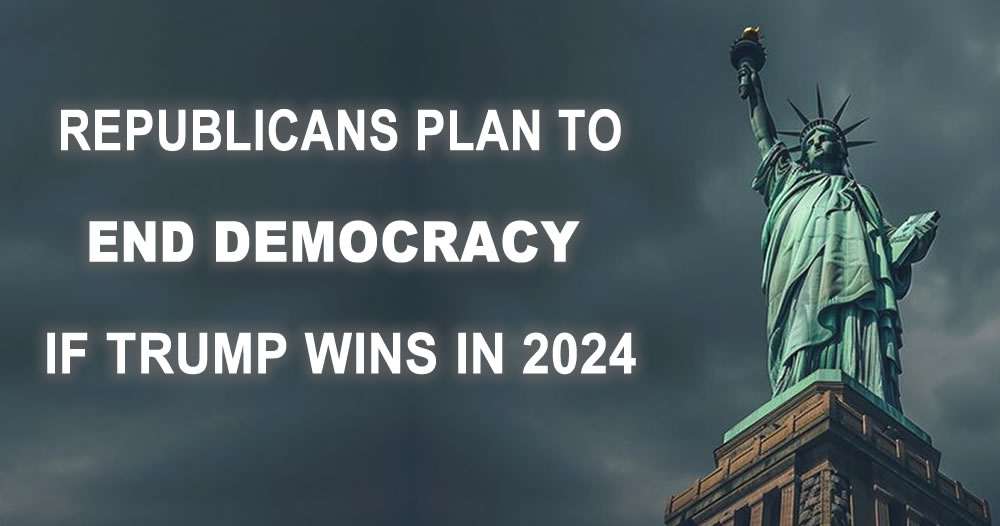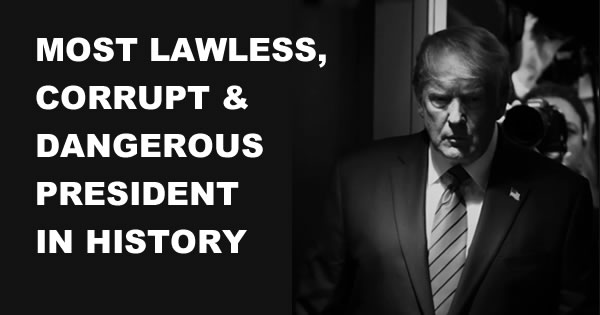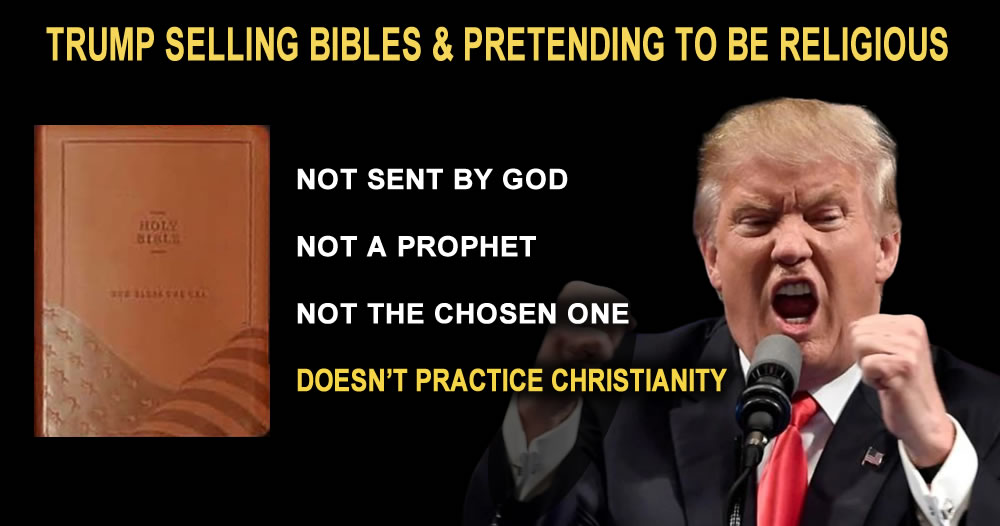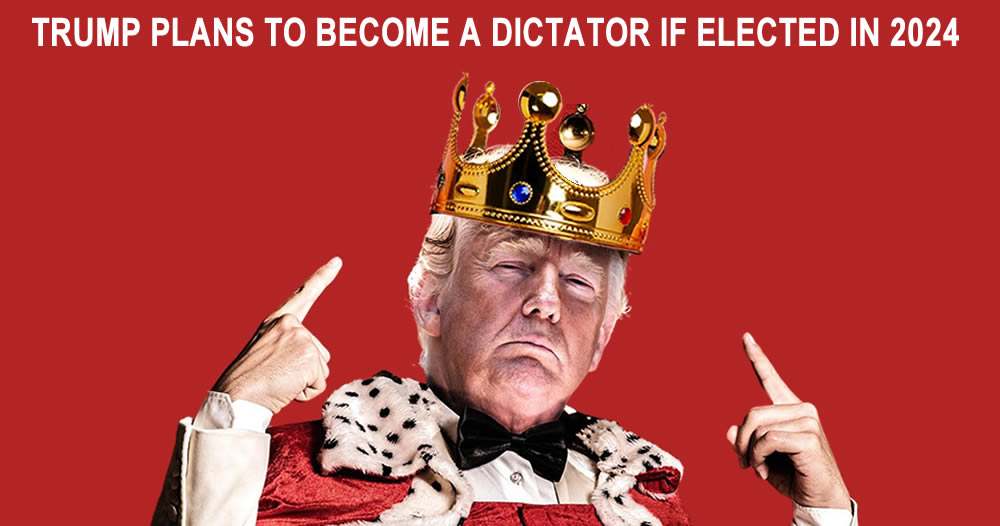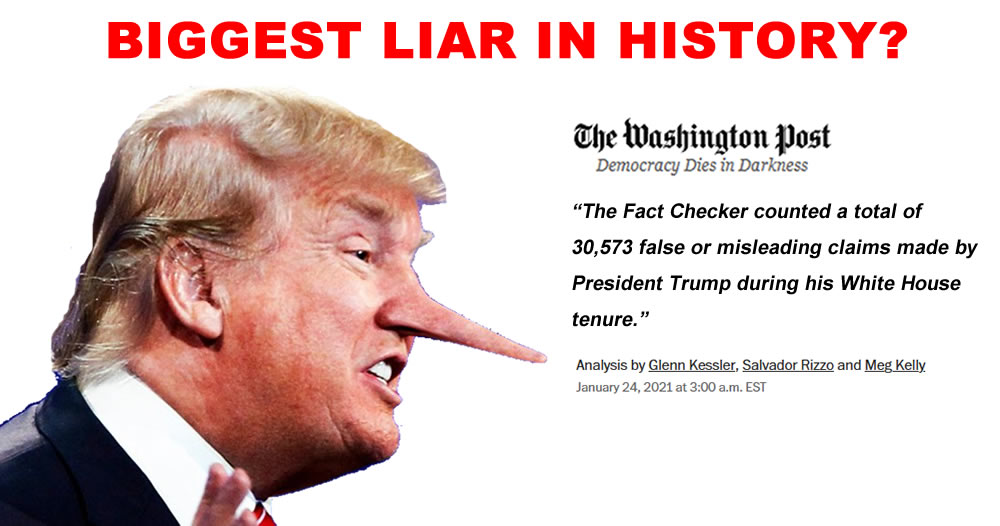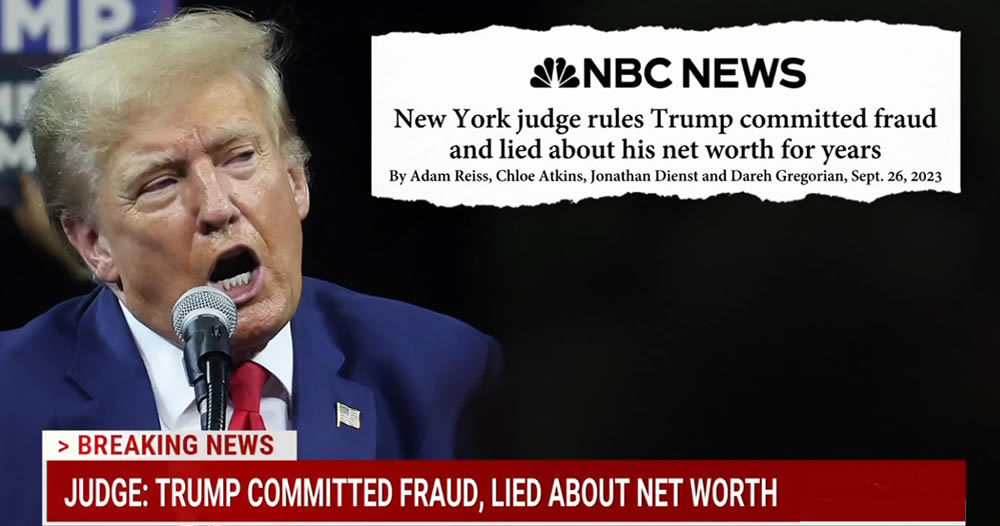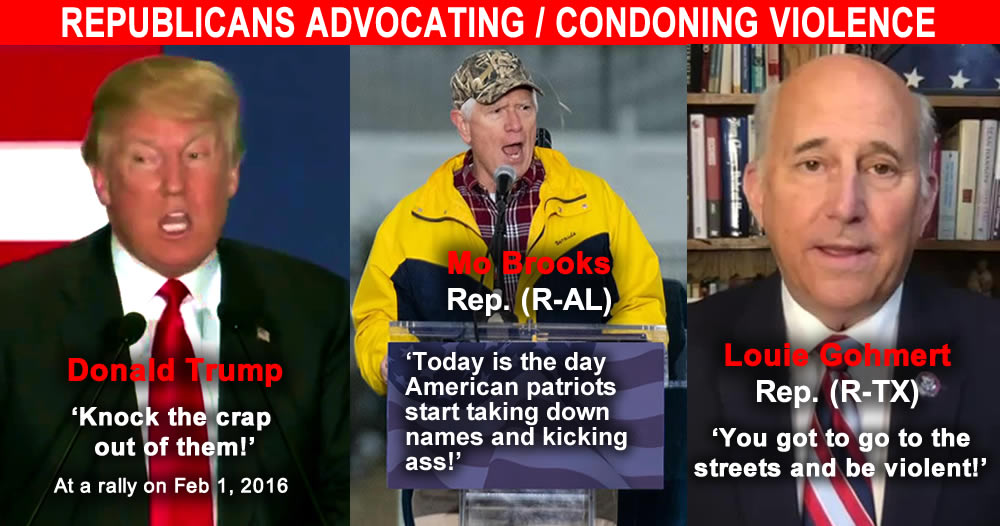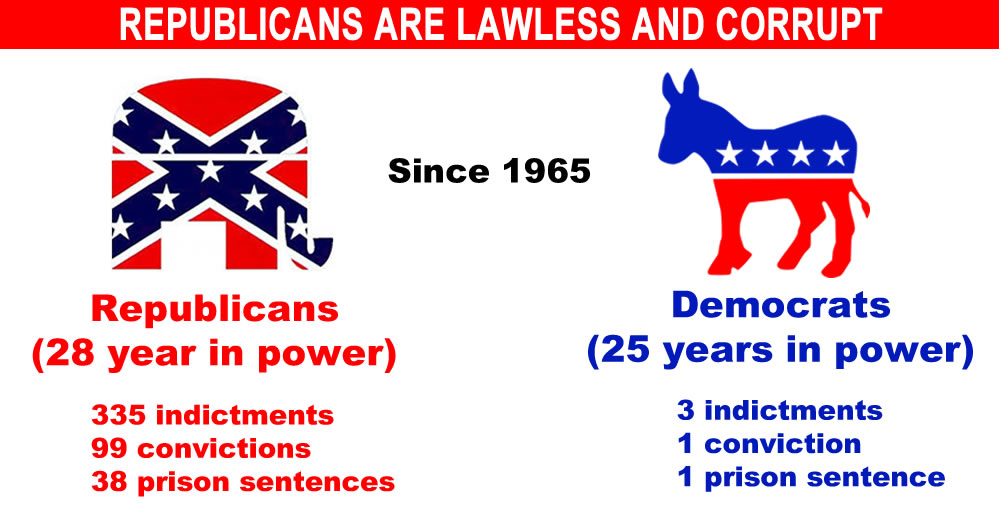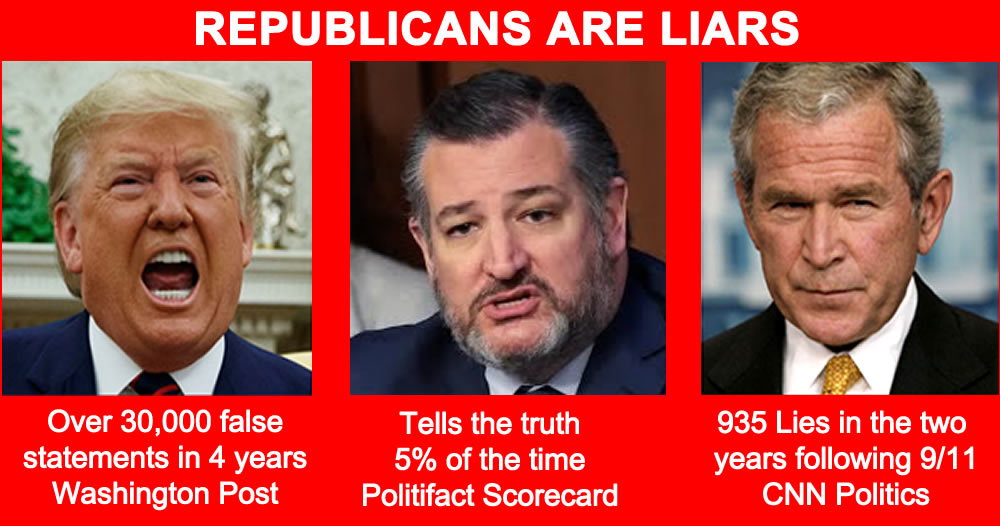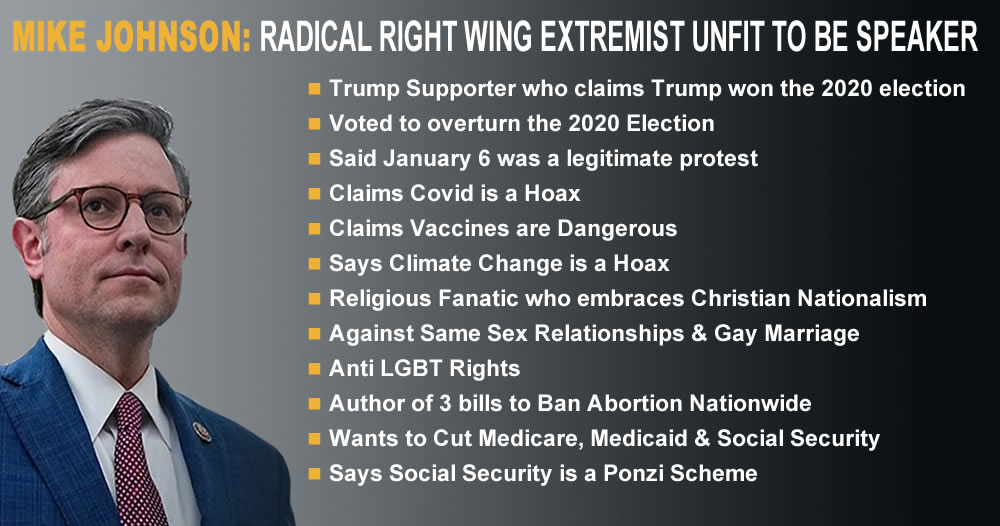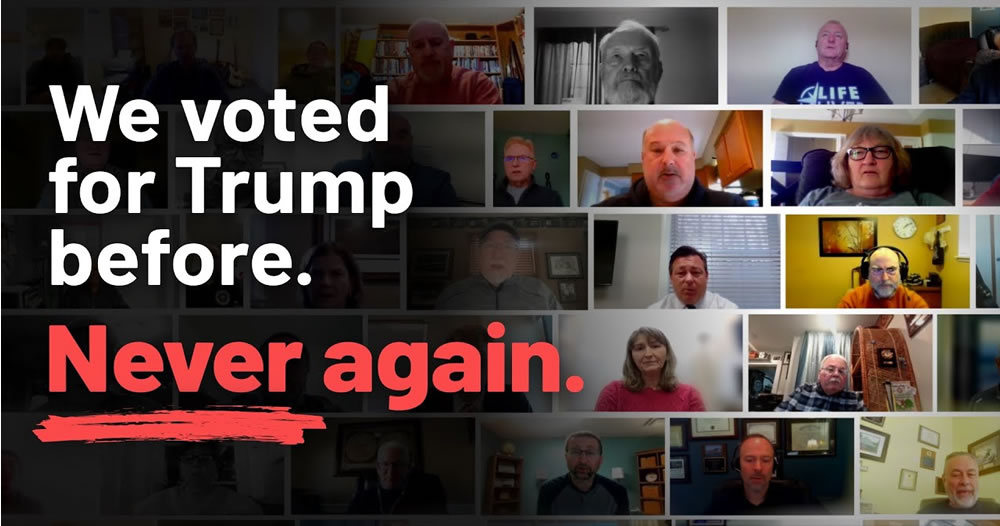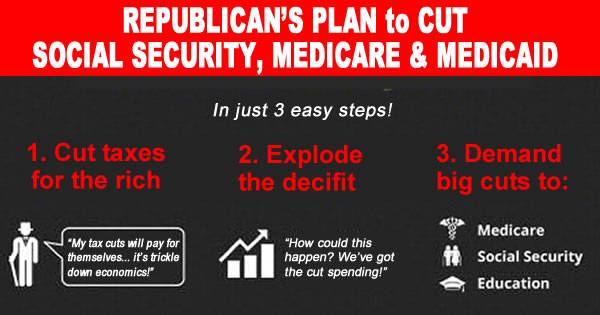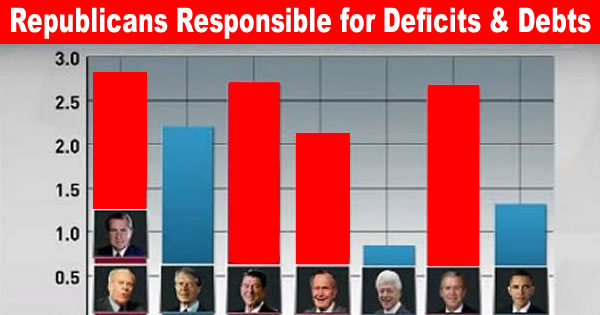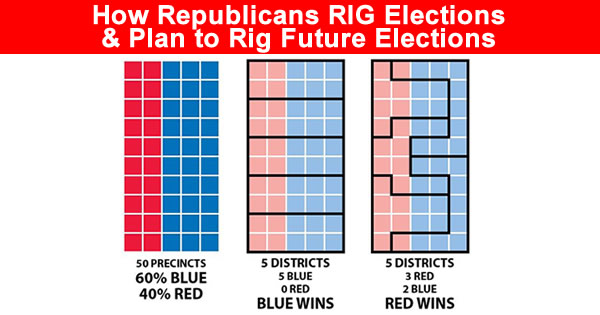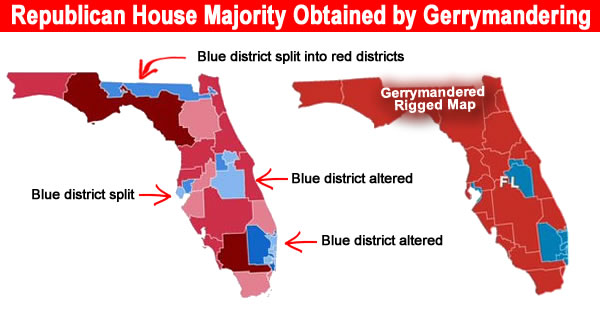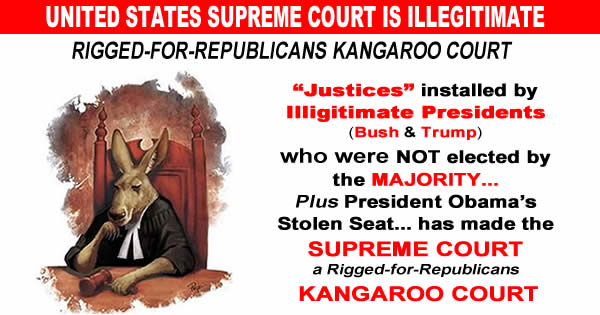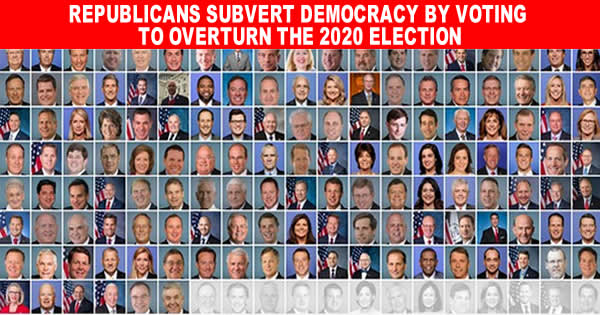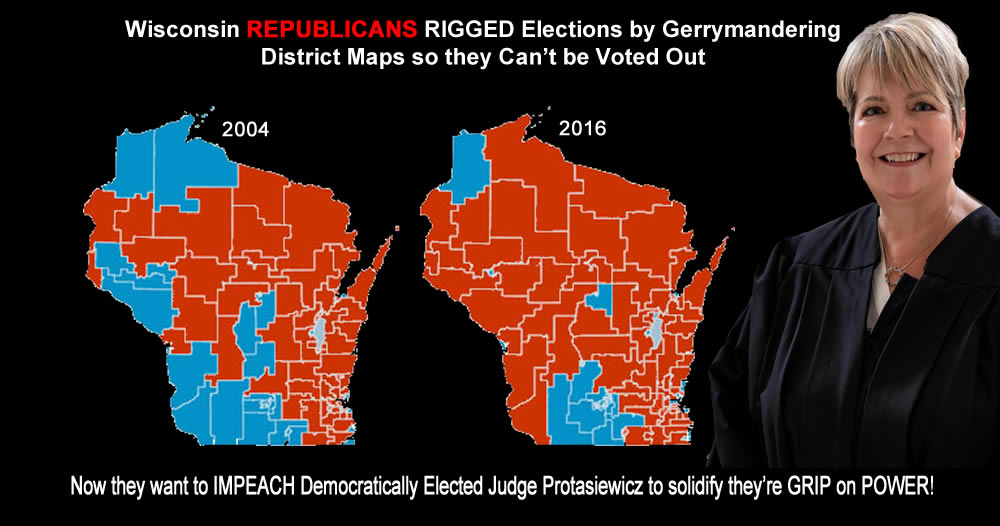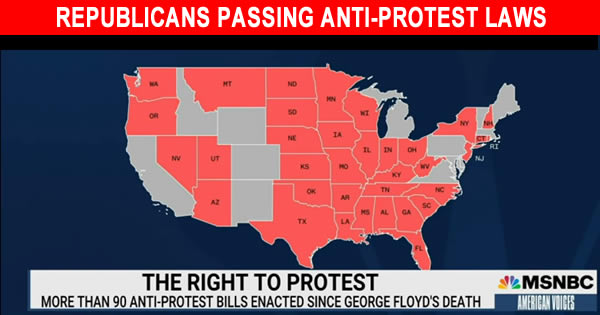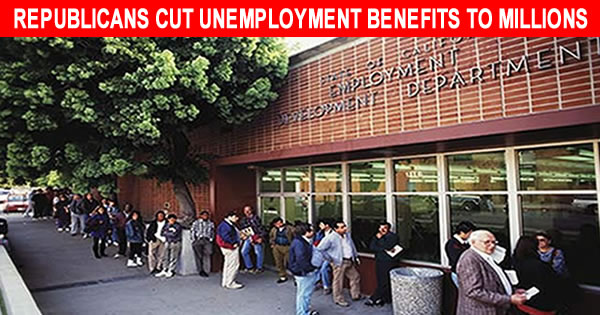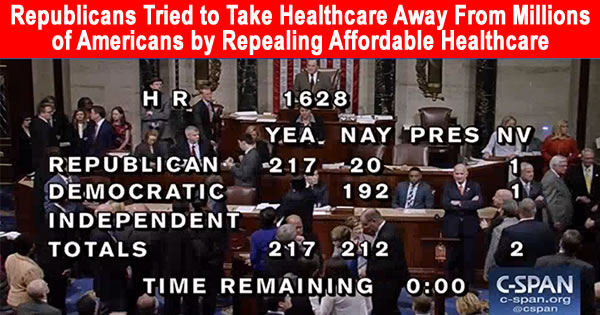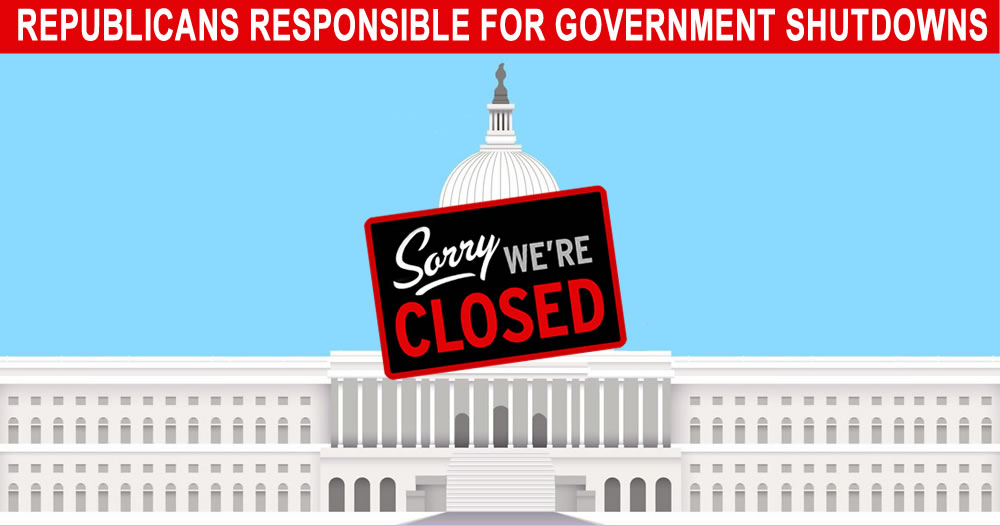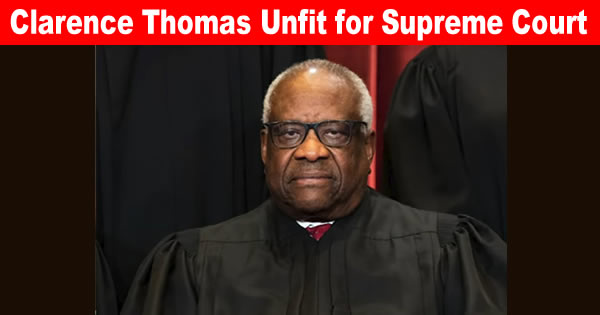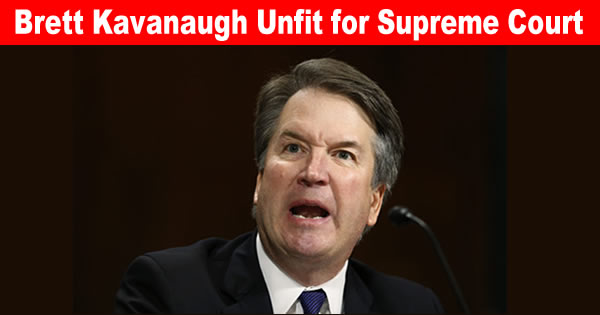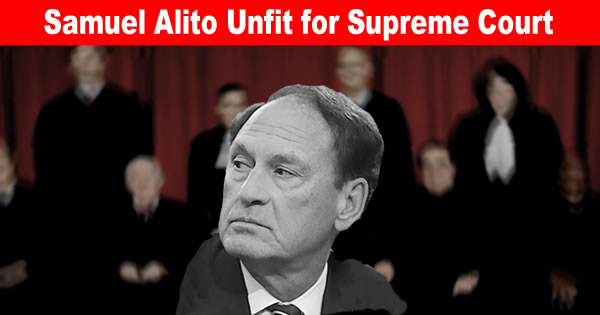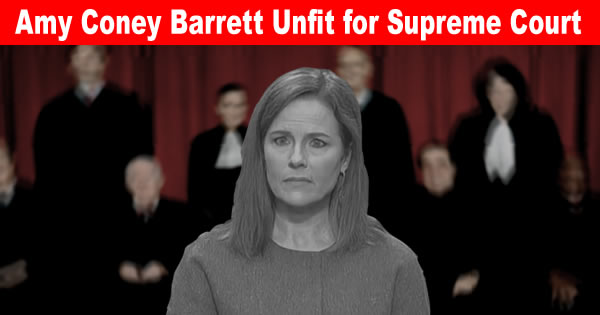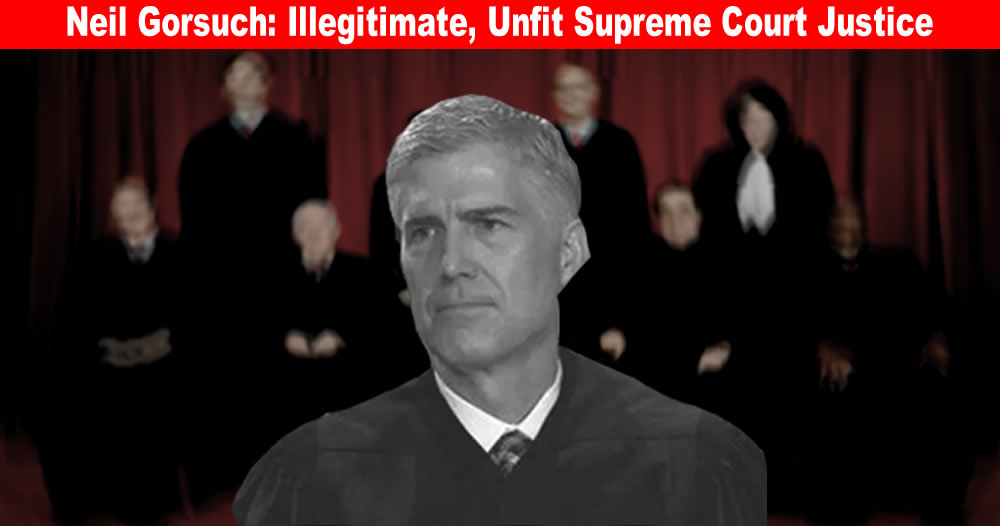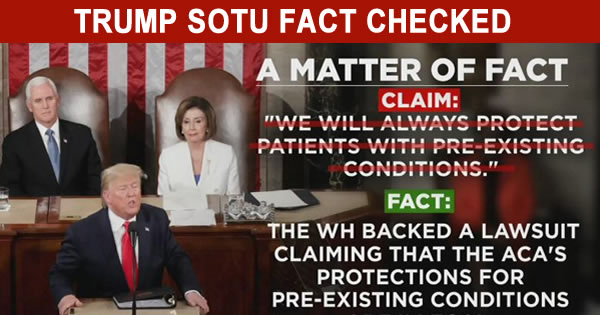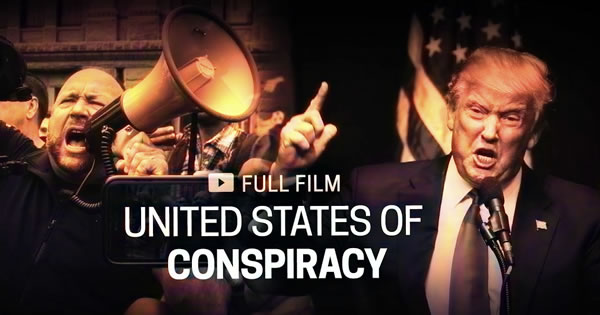Consumer Protection Disappearing Under Trump and Republicans
Trump Administration To Defang Consumer Protection Watchdog
The Consumer Financial Protection Bureau was created after the financial crisis to protect Americans from being ripped off by financial firms. Now, President Trump’s interim appointee to run the bureau Mick Mulvaney is making radical changes to deter the agency from aggressively pursuing its mission.
After the Wall Street collapse, Elizabeth Warren pushed the consumer protection agency into law.
The Consumer Financial Protection Bureau was created after the financial crisis to protect Americans from being ripped off by financial firms. It’s battled the big banks, predatory lenders, and big corporations on behalf of families.
Now, President Trump’s interim appointee to run the bureau, Mick Mulvaney, is making radical changes to deter the agency from aggressively pursuing its mission.
NPR reports that the CFPB will unveil a new strategic plan “to deter the agency from aggressively pursuing its mission to protect Americans from being ripped off by financial firms.”
An internal memo obtained by NPR says the CFPB on Monday will unveil a new strategic plan to that end. A “revised mission and vision of the bureau” for the years 2018 through 2022 will call upon the agency to “fulfill its statutory responsibilities but go no further.” It also says the bureau should be “acting with humility and moderation.”
This new direction is consistent with Mulvaney’s other memos and statements and formalizes his plans for defanging the watchdog bureau and reshaping its mission, according to insiders and experts that NPR has talked to.
Within weeks of coming on board, Mulvaney has worked to make the watchdog agency less aggressive. Under his leadership, the CFPB delayed a new payday lending regulation from going into effect and dropped an investigation into one payday lender that contributed to Mulvaney’s campaign. In another move that particularly upset some staffers, the new boss also dropped a lawsuit against an alleged online loan shark called Golden Valley Lending. The suit says the lender illegally charges people up to 950 percent interest rates. It took CFPB staffers years to build the case.
“People are devastated and angry — just imagine how you would feel if years of your life had been dedicated to pursuing justice and you lose everything,” says Christopher Peterson, a former Office of Enforcement attorney at the Consumer Financial Protection Bureau who worked on this particular case early on.

